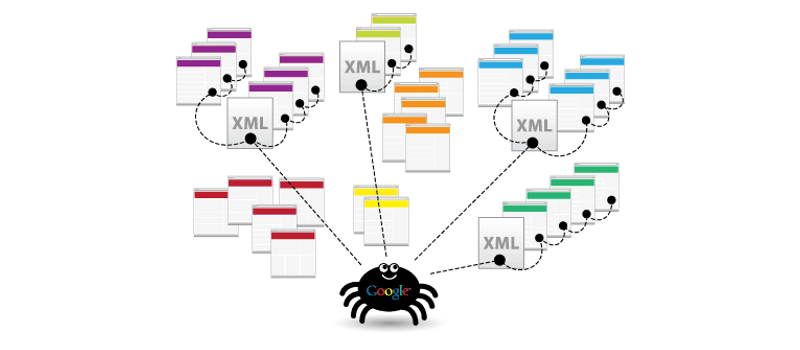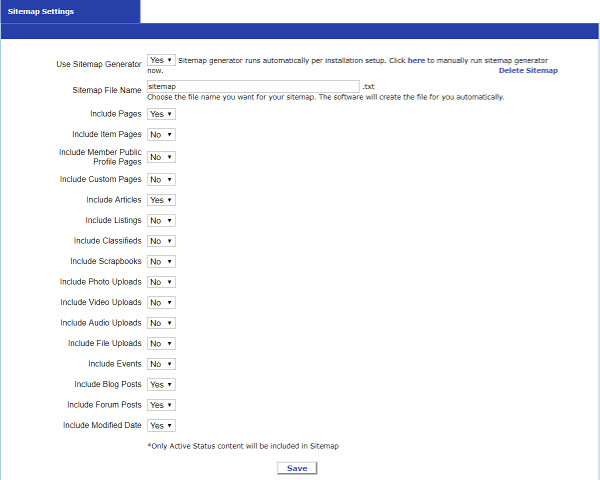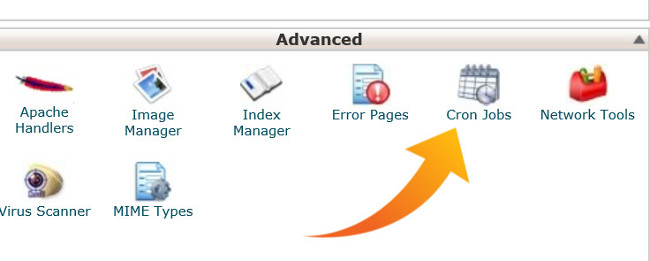
A sitemap is just like how it sounds – it’s a roadmap for search engines that lead them to your webpages. It’s a list of your website’s individual page urls,in an XML file, so that Google and other search engines can crawl and index – and rank – your site’s pages more easily. There’s a good reason to make a sitemap for your website! If you want a high search engine ranking to direct traffic to your website from user internet searches, it can be a very important part in your website’s SEO (search engine optimization),
Besides the page url, sitemaps can provide important and useful metadata, i.e. information about each webpage, such as when the page was last updated. If a page has been updated, you want the new page to be crawled again. So, having a sitemap also makes it easier for search engines to know when to recrawl your webpages.
But, do you really need a sitemap? …Like using the road signs to get around, or a road map or asking directions. According to Google:
If your site’s pages are properly linked, our web crawlers can usually discover most of your site. Even so, a sitemap can improve the crawling of your site, particularly if your site meets one of the following criteria:
- Your site is really large. As a result, it’s more likely Google web crawlers might overlook crawling some of your new or recently updated pages.
- Your site has a large archive of content pages that are isolated or well not linked to each other. If you site pages do not naturally reference each other, you can list them in a sitemap to ensure that Google does not overlook some of your pages.
- Your site is new and has few external links to it. Googlebot and other web crawlers crawl the web by following links from one page to another. As a result, Google might not discover your pages if no other sites link to them.
- Your site uses rich media content, is shown in Google News, or uses other sitemaps-compatible annotations. Google can take additional information from sitemaps into account for search, where appropriate.
(via Google: Learn about sitemaps)
While there’s no guarantee that Google or other search engines will crawl and index all your listed webpages, usually your website will benefit from having a sitemap, so why not?
Creating and maintaining a sitemap is easy with Ultimate Web Builder Full and Ultimate Web Builder Lite software – with the built-in sitemap generator! You just choose which types of pages (content, listings, photos, videos, classifieds, etc.) you want included in your website sitemap, and whether to include each page’s modified date, and the generator does the job for you. You can choose to run the sitemap generator manually, or have it automatically run for you – and automatically update your sitemap – by setting up the “cron job”, or automatic script, for it on your web hosting control panel. Again, no coding required for this either – just copy/paste a line for the setup. Easy peasy!

Sitemap Generator, Settings

Web Hosting Control Panel, Cron Jobs
Related: How To Easily & Automatically Create An RSS Feed For Your Website
Are you ready to design & build your own website? Learn more about UltimateWB! We also offer web design packages if you would like your website designed and built for you.


